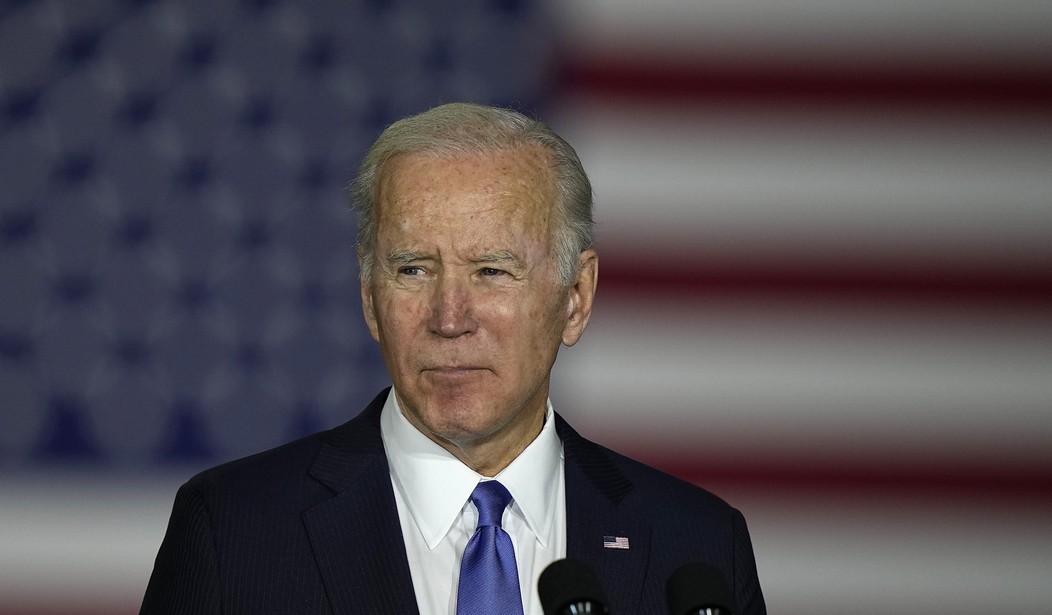The COVID-19 pandemic created problems for businesses across America unlike anything they had experienced before. Overnight, they had to adjust to capacity limits, distancing rules, and, in some cases, had to close entirely for weeks or even months on end. Many businesses didn’t get through the worst of it, meaning people throughout the country lost their jobs as a result.
Now, just as those same businesses are starting to come out the other end of this tremendously difficult time, they face a slew of new challenges that threaten their ability to keep the lights on. Supply chain crises and swelling inflation are putting immense pressure on businesses of all sizes, and many are struggling to cope.
With so many daunting obstacles facing our nation’s businesses, it is up to legislators and policymakers at all levels to implement smart, prudent policies that empower the businesses which have managed to weather the storm to come back stronger. We need to enable these businesses to succeed, while also fostering an environment which encourages entrepreneurs to pick up the pieces of a damaged economy and begin to rebuild.
As in many cases, that will start with the government stepping aside and avoiding needlessly making things more difficult. And, as businesses across the country contend with those supply chain difficulties and spiraling inflation, lifting trade barriers like the tariffs on imports from China is the perfect place to start.
While it's commendable that the previous administration devoted so much attention to holding China accountable for its abuses of the global trading system, the tariffs that are still in place are only holding back our country’s economic potential. These tariffs are taxes on the things importers need to do business here in the U.S. They aren’t paid by China, they are paid by hard-working Americans who are simply trying to keep their business above water.
Recommended
In the end, that means businesses face a difficult decision: they can either pay the costs of those tariffs themselves – potentially meaning staff layoffs – or they can pass those costs onto consumers in the form of higher prices. Of course, neither option is particularly palatable, especially when it is within the Biden administration’s capabilities to fix it.
With this in mind, the Biden administration must recognize the economic potential in lifting the tariffs that are in place and allowing businesses to operate without having to decide whether to bear those costs or pass them on to consumers. Rather than spend months negotiating expensive stimulus packages with trillion-dollar price tags or expansive social spending investments, the Biden administration should leverage the less expensive tools at its disposal to finally free U.S. businesses from these damaging tariffs.
Treasury Secretary Janet Yellen has already acknowledged the problems created by tariffs. Speaking with both Reuters and Face the Nation, Secretary Yellen discussed the costs that tariffs impose on businesses and consumers alike, and conceded that removing them would help to lower those costs. These are words that President Joe Biden and United States Trade Representative Katherine Tai should both heed as they look to refine the administration’s trade policies moving forward.
Secretary Yellen isn’t alone, either. Senate Agriculture Committee Ranking Member John Boozman (R-AR) recently expressed an openness to lifting tariffs as a means of curbing inflation, and hopefully the Biden administration works with Senator Boozman and other legislative leaders to finally end this trade war.
American businesses are economic drivers for countless communities across the nation. Now, at the very moment our economy is looking to come out of an especially difficult period, is the time for the government to step out of businesses’ way and remove the unnecessary taxes that the tariffs on goods imported from China have created. The longer those tariffs remain in place, the less businesses will be able to reinvest in their employees and their communities, hindering America’s economic potential in both the short and long term.

























Join the conversation as a VIP Member